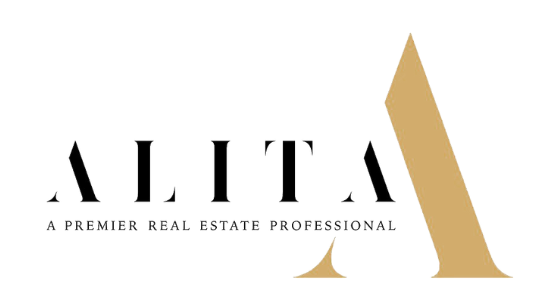Question about property sales
Non-residents can own property in Dubai in designated areas. The ownership is registered with the Dubai Land Department, and required documentation includes proof of identity and proof of purchase.
The selling process involves drafting an agreement with a registered broker, listing the property, finding a buyer, and completing the transaction through the Dubai Land Department.
There are transaction fees and taxes associated with selling a property.
The market value is determined by property appraisers, taking into account factors such as location, size, and condition.
Our knowledgeable sales agents can assist you in establishing the fair market price by leveraging data from the Dubai Land Department, which includes information on recent sales, offers, and asking prices. They will guide you through the valuation process, ensuring a comprehensive understanding of your property’s worth.
Financing a property in Dubai is accessible for both residents and non-residents, as well as international investors. Numerous financing options are available through reputable local and international banks.
To streamline the process and provide tailored assistance, our proficient sales specialists can connect you with experienced mortgage consultants.
Service charges cover maintenance of common areas, and they are calculated based on the property’s size. They can increase, and the developer or management company typically reviews them annually.
Question about property rental
Residential lease agreements in Dubai typically have a duration of 12 months.
Rent increases are determined based on the Real Estate Regulatory Agency’s rental increase calculator, and there is a cap on how much the rent can be raised.
Landlords are generally responsible for major maintenance, while tenants are responsible for day-to-day maintenance. Landlords should address maintenance issues promptly, and tenants have the right to live in a well-maintained property.
The standard security deposit is 5-10% of the annual rent. The security deposit is paid at the beginning of the tenancy and must be returned to the tenant, fully or partially, upon vacating the premises. Landlords can deduct money for damages beyond normal wear and tear.
Tenancy renewal can be done through mutual agreement between the landlord and tenant. Rent increases during renewals are subject to the prevailing market rates.
